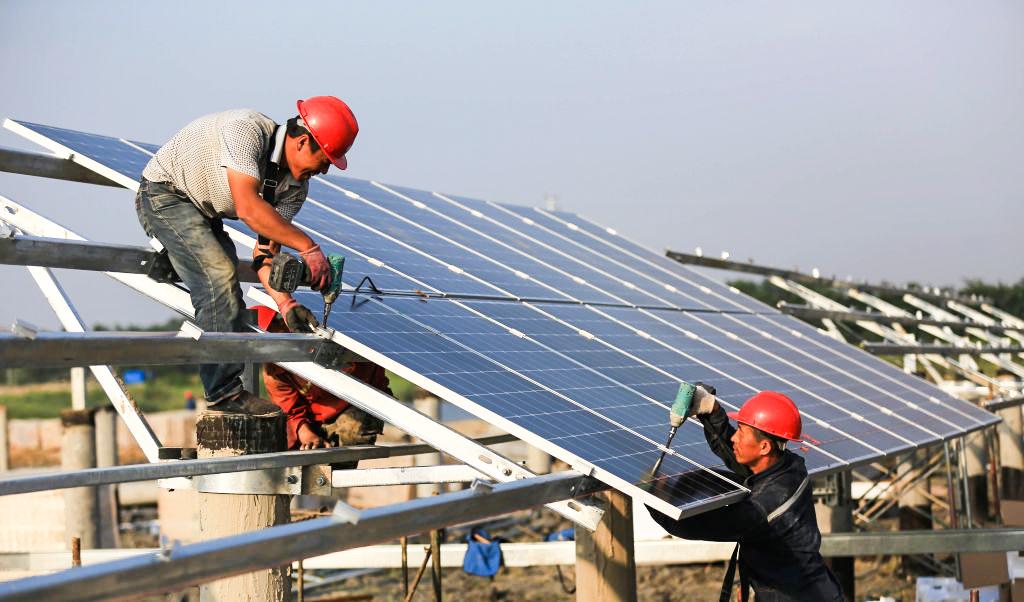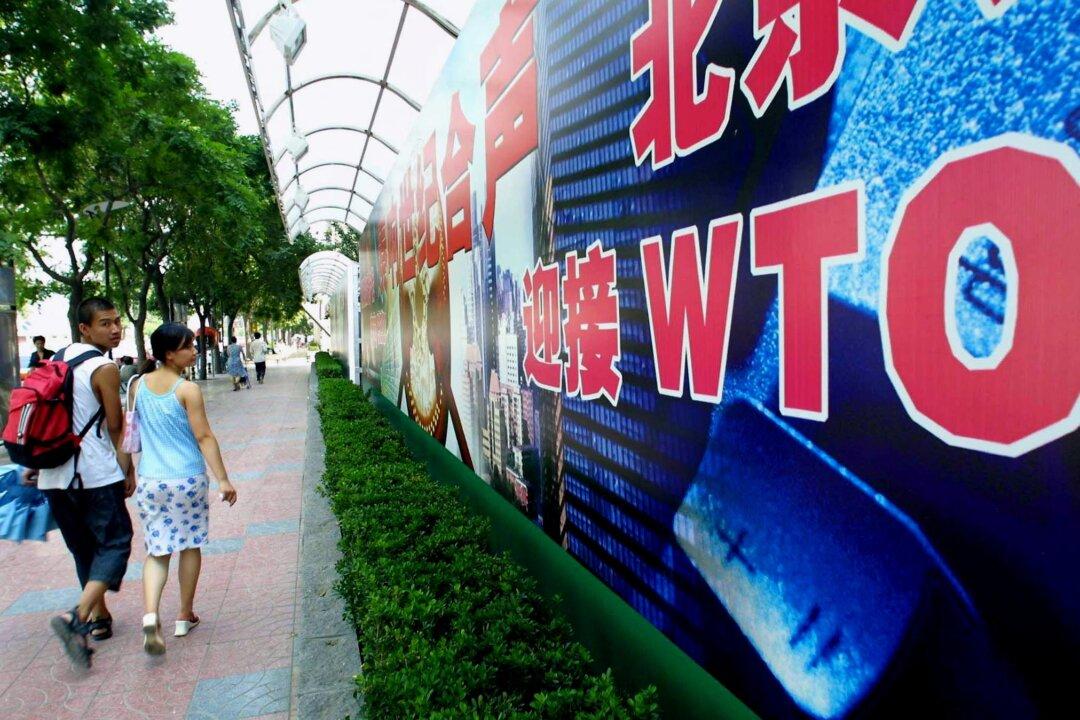Commentary
To appreciate how China’s technological authoritarianism threatens the world, consider solar energy. What’s seen as a clean, modern and relatively high-tech alternative to fossil fuels has become another example of the Chinese Communist Party’s (CCP) strong-arm approach to bullying other countries and dominating an industry. Worse yet, many American investors are willfully blind to Beijing’s monopolistic tactics and use of slave labor, prizing their “green” portfolios over U.S. energy security and human rights.





